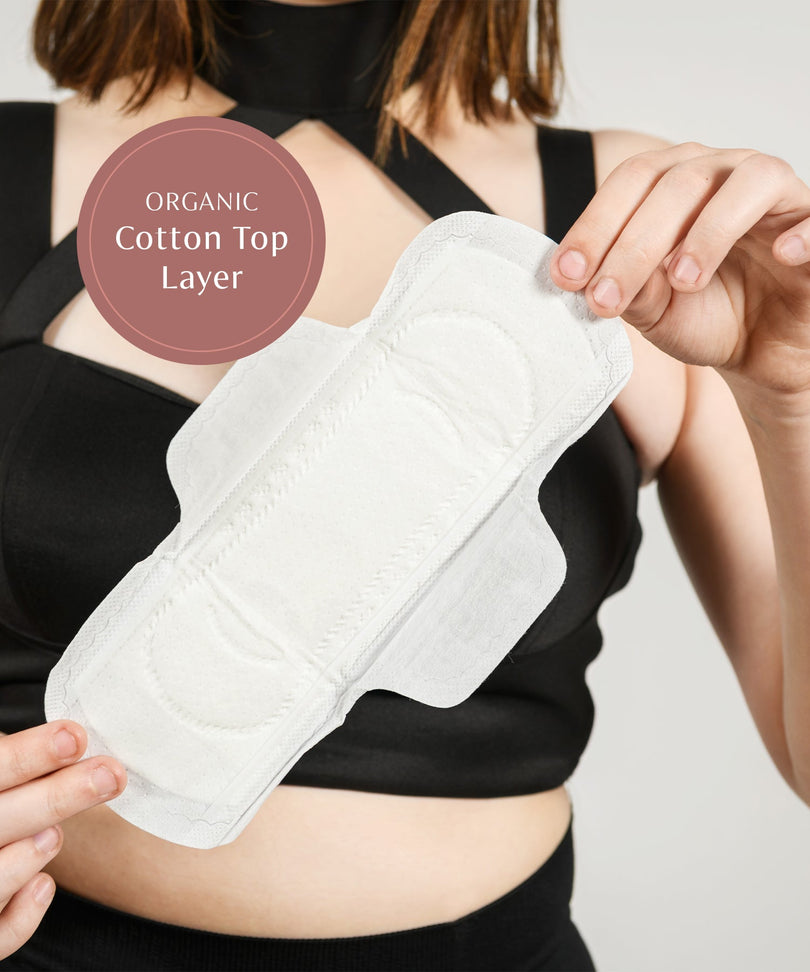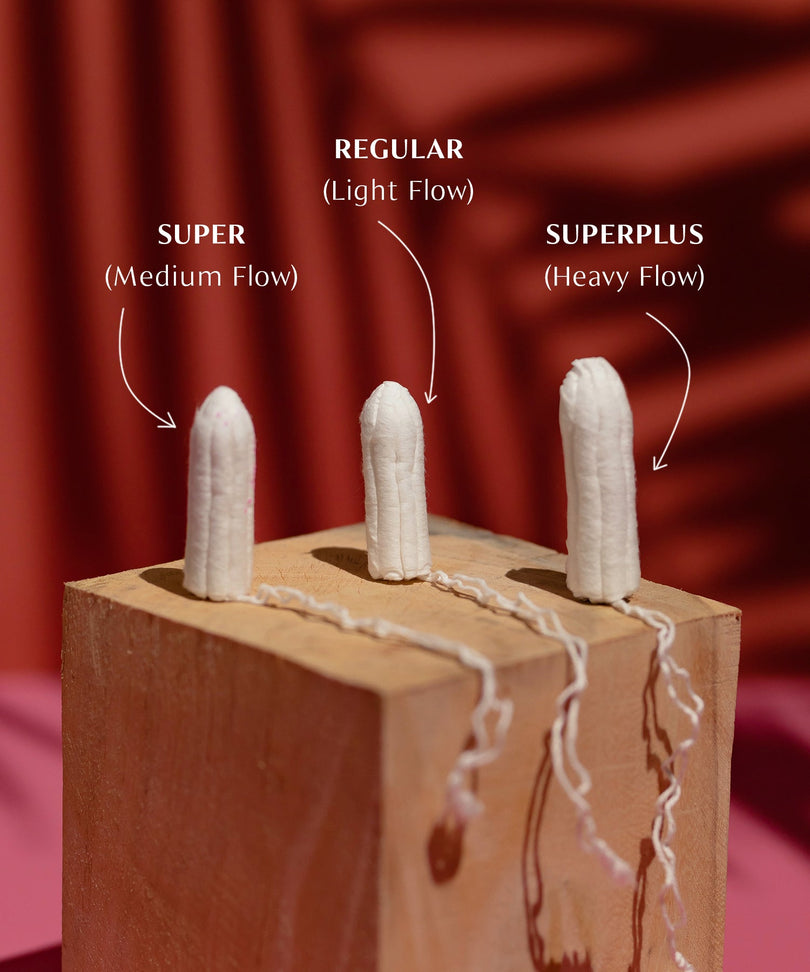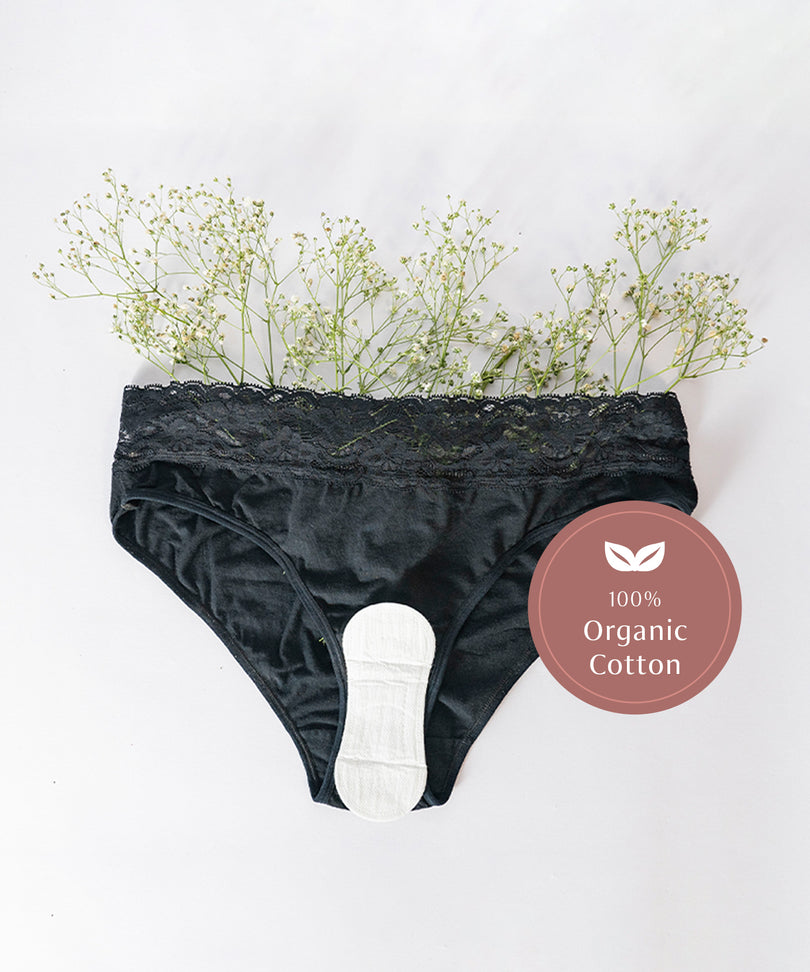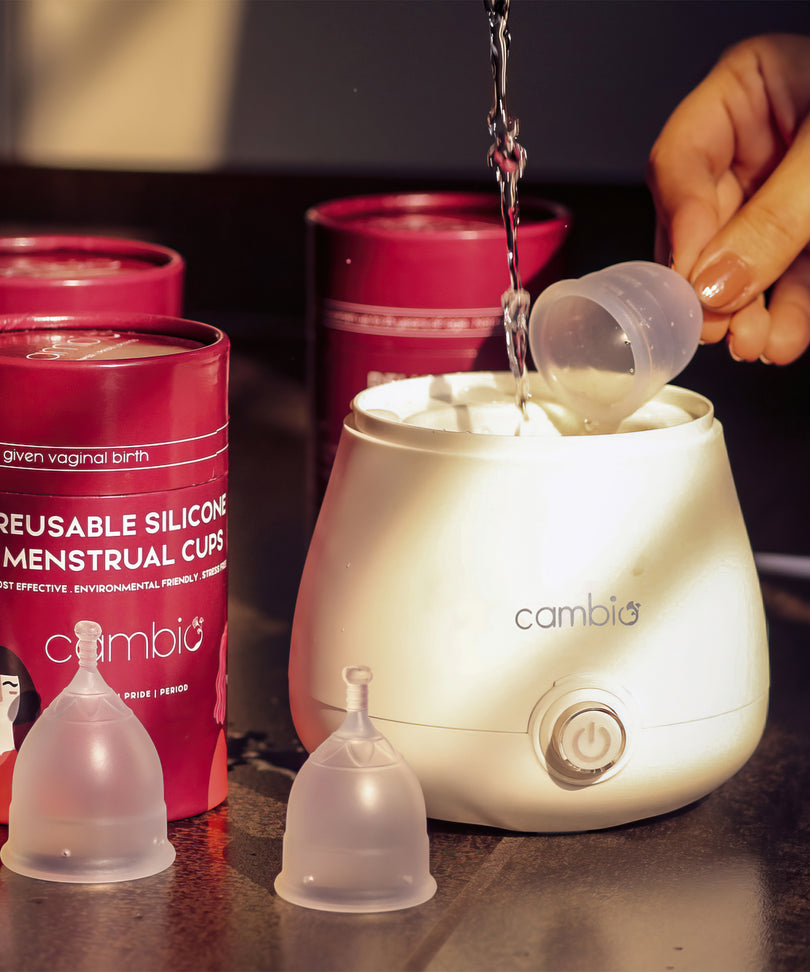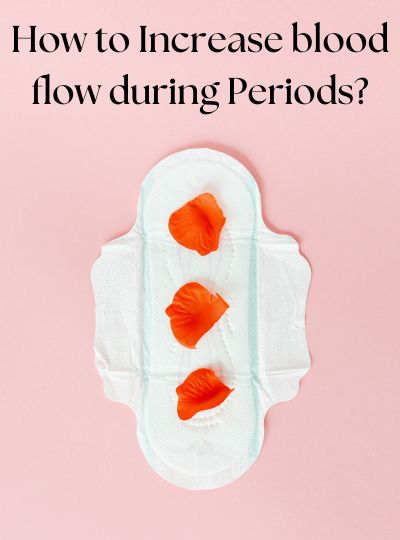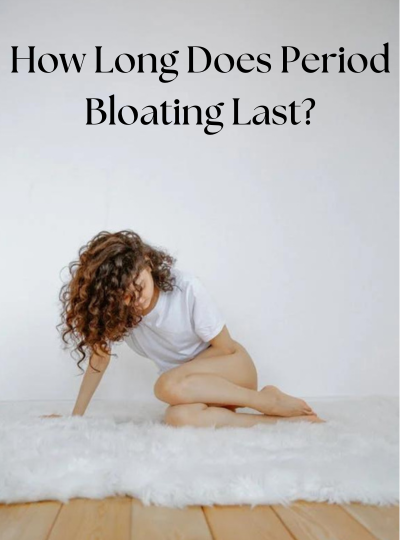Why do I keep getting yeast infections after my period?
Recurrent yeast infections that occur after periods can be due to various factors. Hormonal changes happening during the menstrual cycle, especially fluctuations in estrogen levels, can create an environment prone to yeast overgrowth. Additionally, period blood alters the pH of the vagina, which can potentially promote yeast growth. Period products like sanitary pads or tampons can worsen the situation by providing warmth and moisture or disrupting the natural vaginal environment. Poor hygiene practices, tight clothing, or irritants in genital care products may also contribute to the problem.
Also read - Can yeast infection delay your period?
Can you get an infection from wearing a pad for too long?
Yes, it is possible to develop an infection from wearing a sanitary pad for too long. Sanitary pads can create a warm and humid environment that can be conducive to the growth of bacteria and fungi that can cause infections. Wearing a sanitary pad for more than 8 hours can increase the risk of developing an infection, particularly yeast infections, which an imbalance of the microbiome can cause.
Also read - Can sanitary pads cause cancer?
What are the side effects of sanitary pads?
Here are some common side effects of wearing sanitary pads:
- Skin irritation: Wearing a sanitary pad for extended periods can create a warm and humid environment that helps bacteria and fungi grow. This can lead to skin irritation, such as a rash, itching, and burning.
- Yeast infections: Wearing a sanitary pad for too long, combined with a disturbed vaginal microbiome, can increase the risk of developing a yeast infection.
- Allergic reactions: Some sanitary pads contain synthetic materials, fragrances, and dyes that can cause allergic reactions in some individuals. These reactions can present as itching, redness, swelling, and skin irritation.
- Bacterial vaginosis (BV): Wearing a sanitary pad for too long can create an environment that allows for the overgrowth of bacteria in the vagina, leading to BV. Symptoms of BV include white irregularity.
Also read - Can sanitary pads cause rashes?
Are some women more prone to pad-related yeast infections?
Yes, some women may be more susceptible to developing pad-related yeast infections than others. Factors such as the presence of diabetes or an immune deficiency, a history of vaginal infections, and the use of certain medicines like antibiotics can increase the risk of developing a yeast infection. If you are prone to yeast infections, it is important to take steps to prevent them. This includes:
- Changing your sanitary pad frequently, every 6-8 hours, even if you are not on your period, to reduce the risk of infection
- Choosing products that are fragrance-free and made with natural materials such as cotton, and avoiding those with synthetic materials
- Avoiding tight-fitting clothing that can trap moisture and increase the risk of infection
- Consult your healthcare provider for alternative menstrual products, such as tampons or menstrual cups, that may be more suitable.
Also read - Can pads cause irritation?
What treatments are available for skin irritation caused by sanitary pads?
Some of the most common treatments include:
- Over-the-counter topical creams: Creams containing hydrocortisone or calamine lotion can help reduce inflammation, itching, and redness caused by skin irritation. It's important to follow the instructions for each cream carefully and not use them for more than two weeks without seeing a healthcare provider.
- Antifungal creams: Creams containing antifungal agents, such as clotrimazole or nystatin, can help reduce yeast on the skin and promote healing, especially for those who are dealing with a yeast infection.
- Antibiotic ointments: Ointments containing antibiotics can help treat skin infections caused by bacterial pathogens that may be contributing to skin irritation.
- Warm water baths: Soaking in warm water can help relieve itching and reduce inflammation. Consider adding baking soda or oatmeal for additional relief.
- Avoiding irritants: Avoiding the use of irritants such as scented sanitary pads and tight clothing can help prevent skin irritation. It's important to switch to products that are fragrance-free and made with natural materials like cotton or bamboo.
Read more
Can Sperm Pass Through Sanitary Pads?

